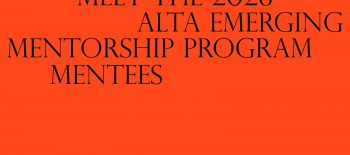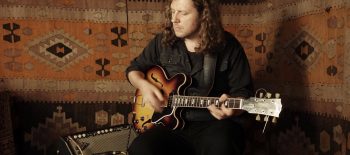Poverty jet set – a conversation about living, working and moving in a precarious art world
RSVP February 9, 2023 at 6:30-8pm ET
Panel Discussion
Location: Residency Unlimited
360 Court Street (main green church doors), Brooklyn NY 11231
In addition to taking place in-person at RU, this program was streamed online via Zoom and is recorded and published on YouTube:
February 8, 2023 at 5:30-7pm ET
Panel Discussion
Location: The James Gallery, CUNY Graduate Center
If you cannot make it on Thursday, February 9 at Residency Unlimited in Brooklyn, you can also join the conversation between Kuba Szreder and Gregory Scholette, PhD, a New York-based artist, writer, teacher and activist in The James Gallery, CUNY Graduate Center.
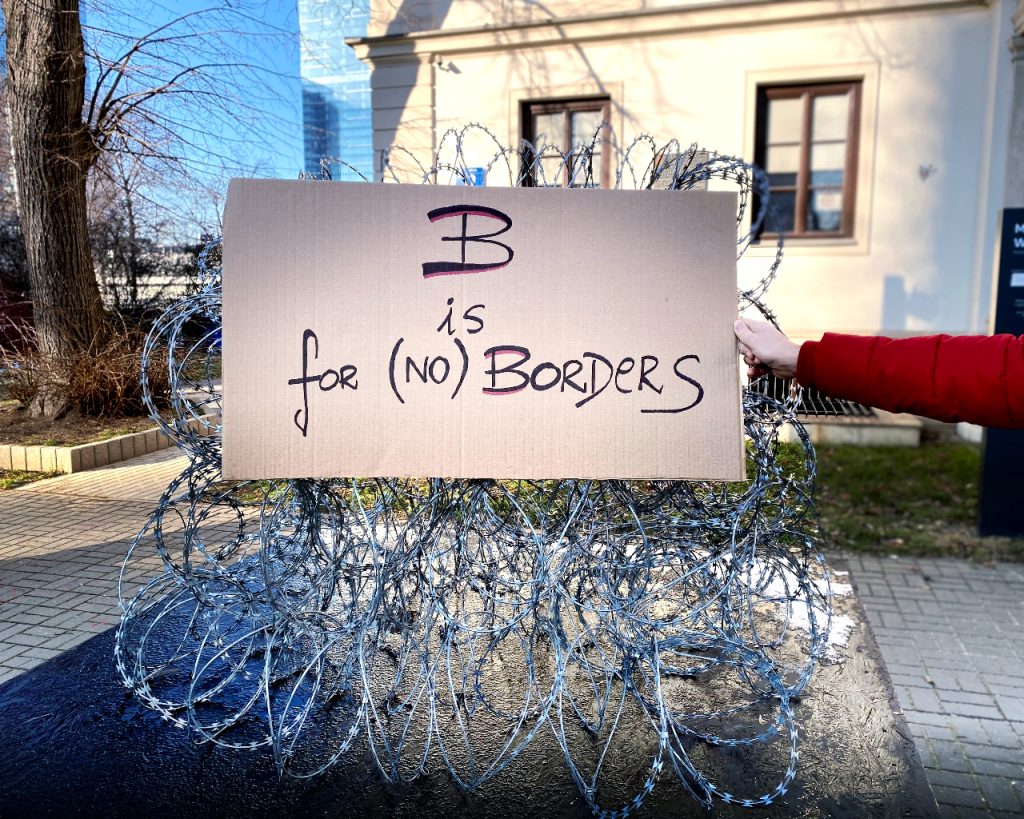
The starting point for this discussion is Kuba Szreder‘s recent publication The ABC of the Projectariat: Living and working in a precarious art world (Manchester University Press, 2021). Szreder, a scholar and activist from Warsaw will enter into discussion with Žarko Aleksić, a Belgrade-based artist current resident artist at RU. The ABC of the Projectariat: Living and working in a precarious art worldaddresses the precarious artistic labor in the field of contemporary art and condition of the “projectariat,” whose work is dependent on intermittent opportunities and takes the form of projects, commissions and assignments. Based on their research and multi-disciplinary practices, Szreder and Aleksić will discuss artists’ networking, freelancing and mobility demanded by the ever-increasing global circulation of art; and social and political urgencies cultural workers are facing in the post-pandemic world. This discussion will be moderated by the New York based curator OIga Kopenkina.
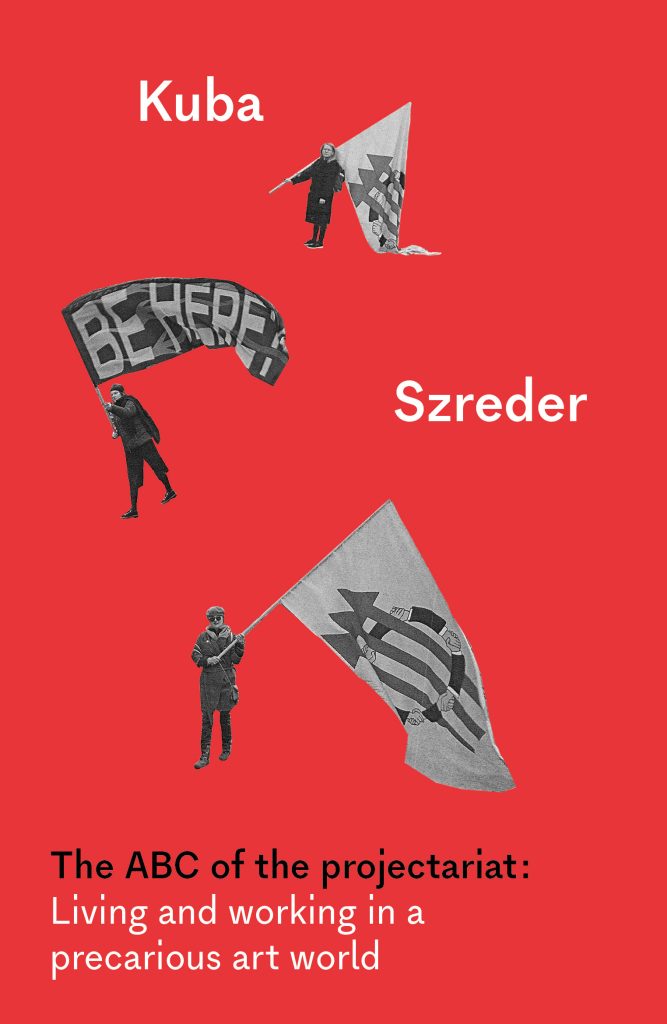
About the Book
The ABC of the projectariat:
Living and working in a precarious art world, 2021
By Kuba Szreder
The ABC of the projectariat contributes new thinking on and practical responses to the widespread problem of precarious labour in the field of contemporary art. It works as both a critical analysis and a practical handbook, speaking to and about the vast cohort of artistic freelancers worldwide.
In an accessible ABC format, the book strikes a unique balance between the practical and the theoretical: the analysis is backed up by lived experience, the arguments are rooted in concrete examples and there are suggestions for constructive action. Roughly half of the entries expose the structural underpinnings of projects and circulation, isolating traits such as opportunism, neoliberalism, inequality, fear and cynicism at the root of the condition of the projectariat. This discussion is paired with a practical account of different modes of action, such as art strikes, productive withdrawals, political struggles and better social time machines. Just as proletarians had nothing to lose but their chains, the projectarians have nothing to miss but their deadlines.
Contents
A is for aftermath (COVID-19 as a forced suspension)
A is for Anti-fascist Year
A is for application
A is for Artyzol
A is for assemblage or apparatus
A is for art strikes (lessons to be taken)
A is for art workers
B is for belt-tightening
B is for (no) borders
B is for burn-outs (and other pathologies of responsibility)
C is for capital (economic, social, and symbolic)
C is for capture
C is for circulation
C is for control
C is for co-opetition
C is for co-optation
C is for curatorial mode of production / revolution
C is for cynicism and cliques
D is for dark matter
D is for deadline
D is for demonstration of paintings
E is for enthusiasm
E is for entrepreneurs of the self
E is for exclusion
E is for exodus
E is for expanded field (of art)
F is for fear
F is for Free/Slow (University of Warsaw)
F is for footprint (or carbon miles)
G is for generosity
G is for grant art (NGO-isation)
H is for herding cats
H is for home (office)
I is for independence
I is for instituting the commons
I is for interdependence
K is for (no) kids
L is for labour of love
M is for mutualising (risks and economies)
N is for neoliberalism
N is for networker
N is for numbers and measures
O is for one percent
O is for opportunism
P is for patainstitutions
P is for pollination
P is for poor (artists)
P is for precarity
P is for productive withdrawals
P is for project
P is for projectariat
R is for radical pragmatism
R is for repurposing
S is for seeing everything twice, or the catch 22 of the projectariat
S is for semi-peripheries
S is for sprint
S is for squabbles
S is for struggles
T is for time machines
T is for trawling
T is for turns, or on the vicious cycle
T is for twilight or support structures against exclusion
V is for visibility
W is for wages (for artwork)
W is for winner takes it all
Y is for you are not alone
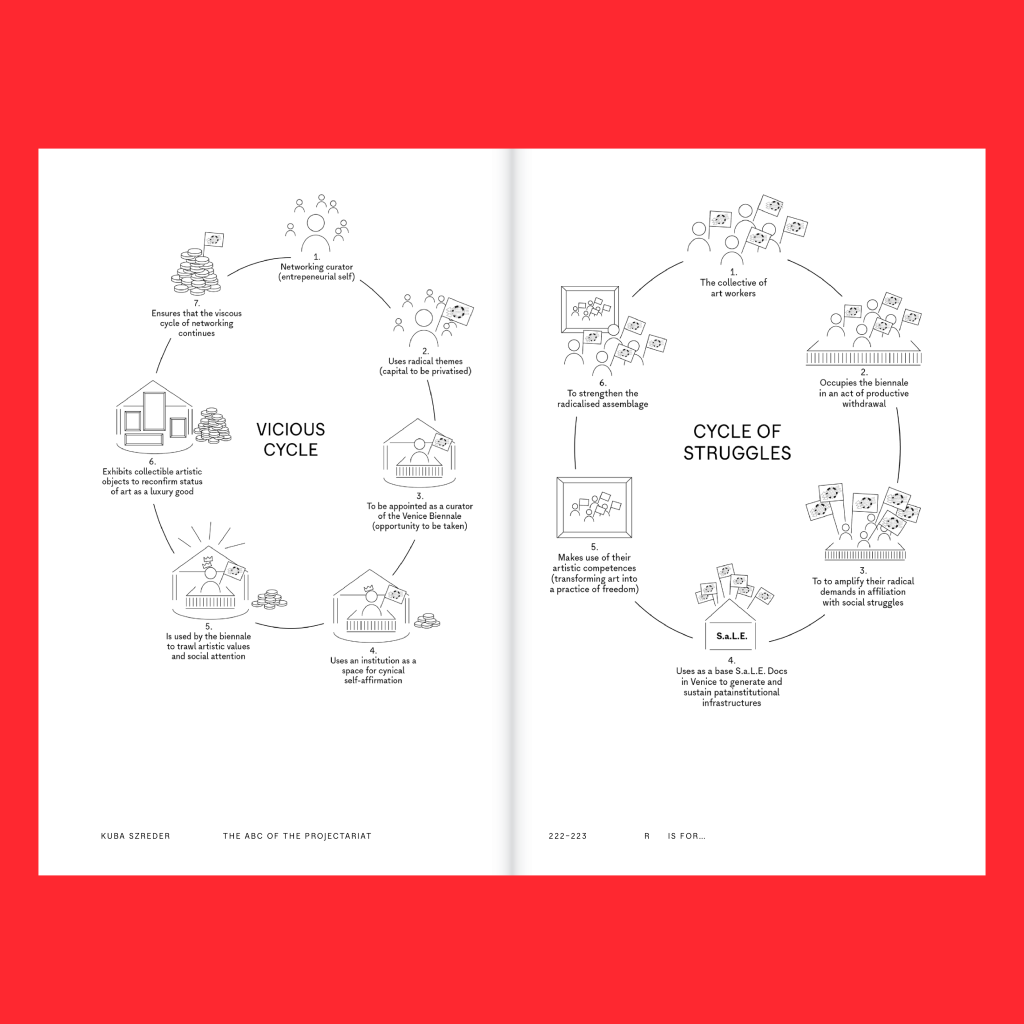
About the Panelists
Kuba Szreder is a researcher, curator, and a lecturer at the Academy of Fine Art in Warsaw. He cooperates with artistic unions, consortia of postartistic practitioners, clusters of art-researchers, art collectives and artistic institutions in Poland, UK, and other European countries. Editor and author of books and texts on the political economy of global artistic circulation, art strikes, artistic self-organization in the expanded field, and the use value of art. His most recent book The ABC of the Projectariat: Living and working in a precarious art world, was published by the Whitworth Museum and Manchester University Press in the December 2021.
Olga Kopenkina is a Belarus-born independent curator and art critic, living in New York City. In 1994-1998, she was a curator of the 6 th Line gallery, the first independent art center in Minsk, Belarus. In 2001, she graduated from the Center for Curatorial Studies, Bard College, NY. As a curator, she organized exhibitions and programs for Pratt Manhattan Gallery, Austrian Cultural Forum in NYC, UnionDocs, EFA Project Space, 1 st Moscow Biennale, among the others. Kopenkina is a contributor to publications such as Art Journal, Field Journal, Artforum, ArtMargins, Moscow Art Journal, Hyperallergic, Brooklyn Rail, and others. She is an adjunct professor at New York University and Fordham University.
Žarko Aleksić works across several mediums integrating experience, photography, video, installation and performativity . His post disciplinary artistic practice is based on the examination of consciousness, mental processing and AI: in relation to socio-political issues of cognitive capitalism and the acquisition of knowledge, education, dematerialized labor, and surveillance capitalism , as well as elaborating data processing such are biomarkers and correlational data gathered from scientific measuring devices and social media harvesting. By taking into account neurobiological and endeavors within cognitive neurosciences, Aleksić’s practice addresses personalized phenomenology through the examination of his own states of mind where he is both subject and object resulting in fast shifts through the first and third person. Full bio here.
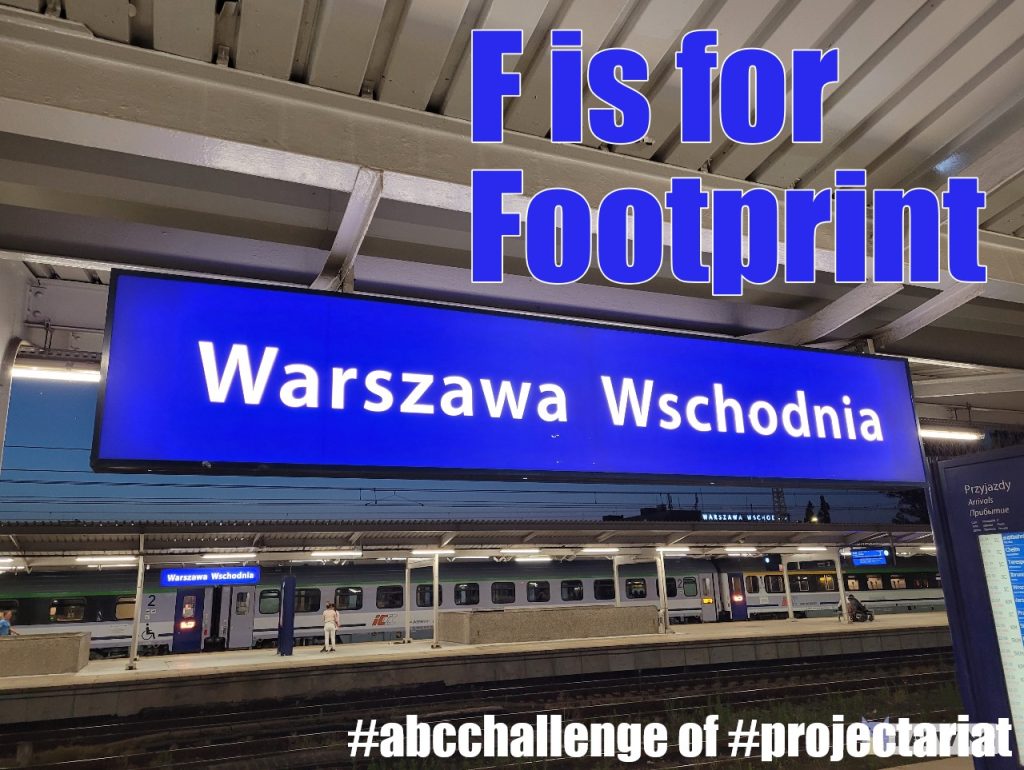
This program benefits from the support of The Trust for Mutual Understanding and the Polish Cultural Institute New York.



